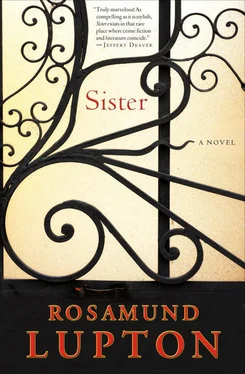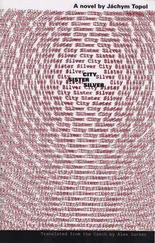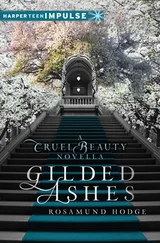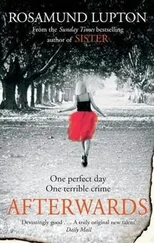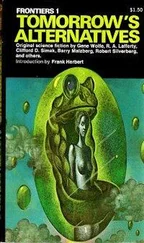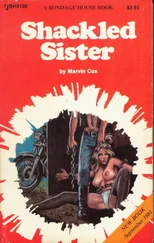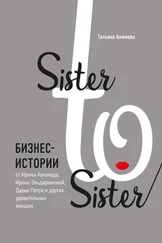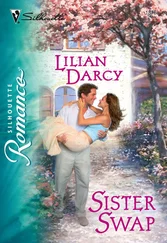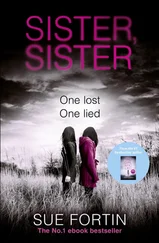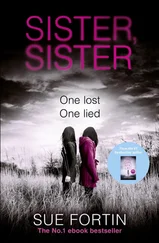Rosamund Lupton
SISTER
A Novel
To my parents, Kit and Jane Orde-Powlett,
for their lifelong gift of encouragement.
And to Martin, my husband, with my love.
“Where shall we see a better daughter or a kinder sister or a truer friend?”
—Jane Austen,
Emma
“But flowers distill’d, though they with winter meet,
Leese but their show; their substance still lives sweet.”
—Shakespeare, Sonnet 5
Sunday evening
Dearest Tess,
I’d do anything to be with you, right now, right this moment, so I could hold your hand, look at your face, listen to your voice. How can touching and seeing and hearing—all those sensory receptors and optic nerves and vibrating eardrums—be substituted by a letter? But we’ve managed to use words as go-betweens before, haven’t we? When I went off to boarding school and we had to replace games and laughter and low-voiced confidences for letters to each other. I can’t remember what I said in my first letter, just that I used a jigsaw, broken up, to avoid the prying eyes of my house mistress. (I guessed correctly that her jigsaw-making inner child had left years ago.) But I remember word for word your seven-year-old reply to my fragmented homesickness and that your writing was invisible until I shone a flashlight onto the paper. Ever since, kindness has smelled of lemons.
The journalists would like that little story, marking me out as a kind of lemon-juice detective even as a child and showing how close we have always been as sisters. They’re outside your flat now, actually, with their camera crews and sound technicians (faces sweaty, jackets grimy, cables trailing down the steps and getting tangled up in the railings). Yes, that was a little throwaway, but how else to tell you? I’m not sure what you’ll make of becoming a celebrity, of sorts, but suspect you’ll find it a little funny. Ha-ha funny and weird funny. I can only find it weird funny, but then I’ve never shared your sense of humor, have I?
“But you’ve already been suspended once, it’s serious,” I said. “Next time you’ll be expelled for definite and Mum’s got enough on her plate.”
You’d been caught smuggling your rabbit into school. I was so very much the older sister .
“But it’s a little funny too, isn’t it, Bee?” you asked, your lips pursed trying not to let the laughter out, reminding me of a bottle of Lucozade with giggle bubbles rising, bound to escape with fizzing and popping on the surface .
Just thinking of your laughter gives me courage and I go to the window.
Outside, I recognize a reporter from a satellite news channel. I am used to seeing his face flattened into 2D on a plasma screen in the privacy of my New York apartment, but here he is large as life and in 3D flesh standing in Chepstow Road and looking straight back at me through your basement window. My finger itches for the off button on the remote; instead I pull the curtains.
But it’s worse now than when I could see them. Their lights glare through the curtains, their sounds pound against the windows and walls. Their presence feels like a weight that could bulldoze its way into your sitting room. No wonder the press are called the press—if this goes on much longer I could suffocate. Yes, okay, that was a little dramatic, you’d probably be out there offering them coffee. But as you know, I am easily annoyed and too precious about my personal space. I shall go into the kitchen and try to get on top of the situation.
It’s more peaceful in here, giving me the quiet to think. It’s funny what surprises me now; often it’s the smallest things. For instance, yesterday a paper had a story on how close we have always been as sisters and didn’t even mention the difference in our age. Maybe it doesn’t matter anymore now that we’re grown-up, but as children it seemed so glaring. “Five years is a big gap…” people would say who didn’t know, a slight rise at the end of the sentence to frame it as a question. And we’d both think of Leo and the gap he left, though maybe gaping void would be more accurate, but we didn’t ever say, did we?
The other side of the back door I can just hear a journalist on her mobile. She must be dictating to someone on the phone; my own name jumps out at me, “Arabella Beatrice Hemming.” Mum said no one has ever called me by my first name so I’ve always assumed that even as a baby they could tell I wasn’t an Arabella, a name with loops and flourishes in black-inked calligraphy, a name that contains within it girls called Bella or Bells or Belle—so many beautiful possibilities. No, from the start I was clearly a Beatrice, sensible and unembellished in Times New Roman, with no one hiding inside. Dad chose the name Arabella before I was born. The reality must have been a disappointment.
The journalist comes within earshot again, on a new call, I think, apologizing for working late. It takes me a moment before I realize that I, Arabella Beatrice Hemming, am the reason for it. My impulse is to go out and say sorry, but then you know me, always the first to hurry to the kitchen the moment Mum started her tom-tom anger signal by clattering pans. The journalist moves away. I can’t hear her words but I listen to her tone, appeasing, a little defensive, treading delicately. Her voice suddenly changes. She must be talking to her child. Her tone seeps through the door and windows, warming your flat.
Maybe I should be considerate and tell her to go home. Your case is sub judice so I’m not allowed to tell them anything till after the trial. But she, like the others, already knows this. They’re not trying to get facts about you but emotions. They want me to clench my hands together, giving them a close-up of white knuckles. They want to see a few tears escaping and gliding snaillike down my cheek, leaving black mascara trails. So I stay inside.
T he reporters and their entourage of technicians have all finally left, leaving a high tidemark of cigarette ash on the steps down to your flat, the butts stubbed out in your pots of daffodils. Tomorrow I’ll put out ashtrays. Actually, I misjudged some of them. Three apologized for intruding, and a cameraman even gave me some chrysanthemums from the corner shop. I know you’ve never liked them.
“But they’re school-uniform maroon or autumnal browns, even in spring,” you said, smiling, teasing me for valuing a flower for its neatness and longevity .
“Often they’re really bright colors,” I said, not smiling .
“Garish. Bred to be spotted over acres of concrete in garage forecourts.”
But these wilting examples are stems of unexpected thoughtfulness, a bunch of compassion as surprising as cowslips on the shoulders of a motorway.
The chrysanthemum cameraman told me that this evening the News at 10 is running a special on your story. I just phoned Mum to tell her. I think in a strange Mum-like way she’s actually proud of how much attention you’re getting. And there’s going to be more. According to one of the sound technicians, there’ll be foreign media here tomorrow. It’s funny, though—weird funny—that when I tried to tell people a few months ago, no one wanted to listen.
Monday afternoon
Читать дальше
